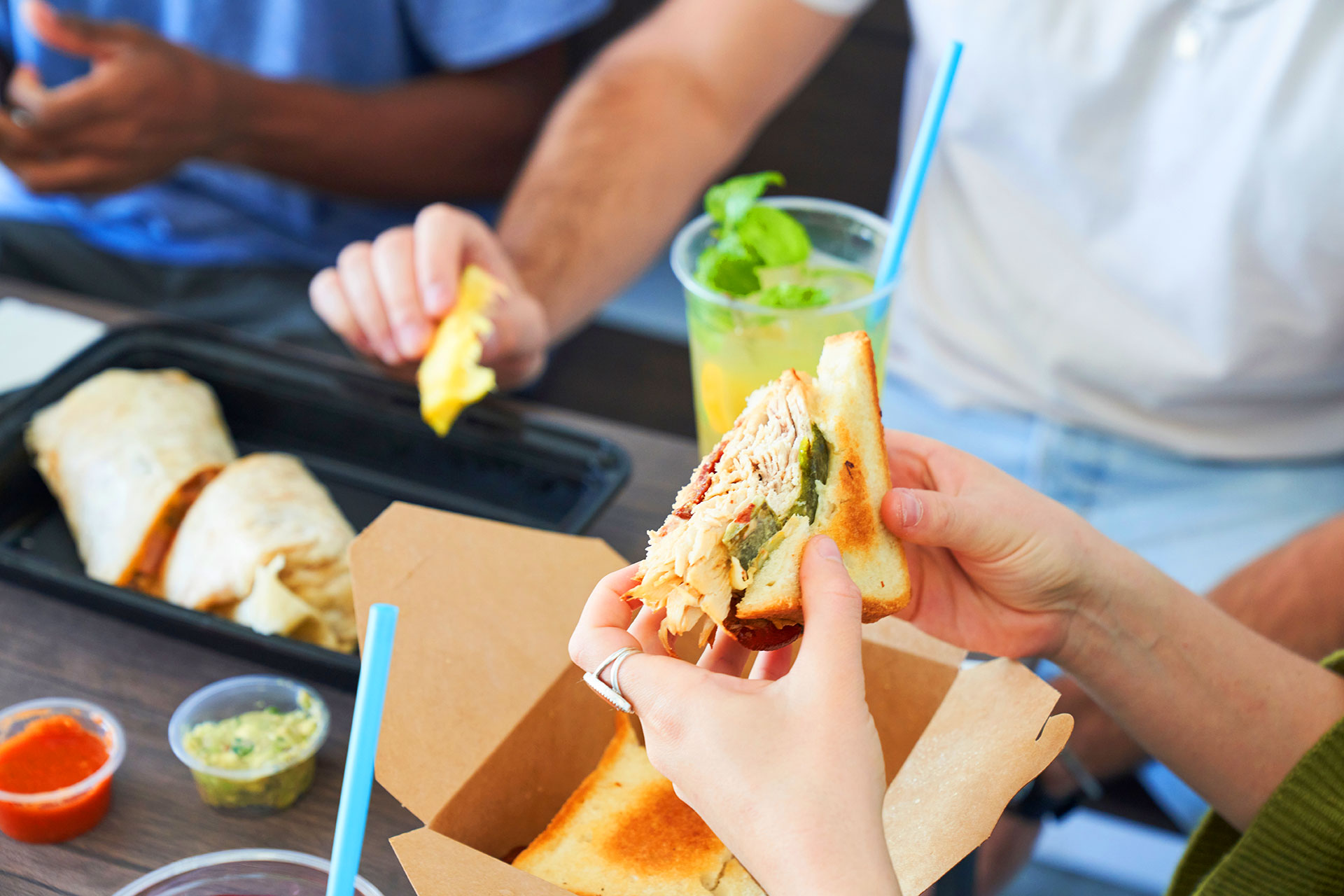
- HealthyTo100
- April 28, 2025
Exhausted After Meals? The Real Issue Isn’t Food
You finish lunch. Not a heavy one. Maybe a salad, a grain bowl, something “clean.” And yet, fifteen minutes later, your energy drops like a stone. Your eyes blur. Your brain fogs. All you want is a nap you don’t have time for.
It’s tempting to blame the food. Maybe it was too many carbs? Not enough protein? Maybe you need enzymes, or less fat, or more fasting. But what if the real problem isn’t what you ate? It’s how your body is handling it?
Digestion Takes Energy—But Not All of It
Every meal requires work: breaking down food, absorbing nutrients, and keeping the immune system on alert. But if eating consistently knocks you out, it’s a sign that your body isn’t digesting efficiently—it’s fighting, adapting, overcompensating.
It’s not just food fatigue. It’s metabolic confusion. And it often comes from deeper dysfunction.
Clues That Go Beyond the Plate
If post-meal exhaustion is your norm, start looking at the terrain, not just the ingredients.
Here’s what might be hiding behind the scenes:
- Stressed adrenals:
When your stress response is overloaded, even basic digestion feels like a burden. Your body diverts energy away from digestion just to stay upright.
- Inflamed gut lining:
A compromised gut uses more energy to do less work. Nutrients are harder to absorb, and food particles can trigger an immune response—not nourishment, but a fight.
- Blood sugar imbalance:
If your meals cause spikes and crashes (even “healthy” ones), your system is riding a rollercoaster. The drop is what you feel as sleepiness, cravings, or brain fog.
Food Is Information—Not the Enemy
When the system is inflamed, overloaded, or undernourished, even the best meals can feel like too much. That doesn’t mean you need to eat less—it means your body might need different support.
Ask yourself:
- Am I chewing well, or rushing through every bite?
- Am I eating in a calm state, or under pressure and distraction?
- Am I giving my body the time and support to restore between meals, or just feeding over fatigue?
Conclusion
You can’t fix post-meal crashes with stricter rules. You need curiosity. Compassion. A willingness to see food as a mirror, not a mistake.Because exhaustion after eating isn’t weakness. It’s a whisper from your body saying,
“Something deeper needs attention.” And when you stop reacting to the plate—and start listening to the response—that’s where true healing begins.